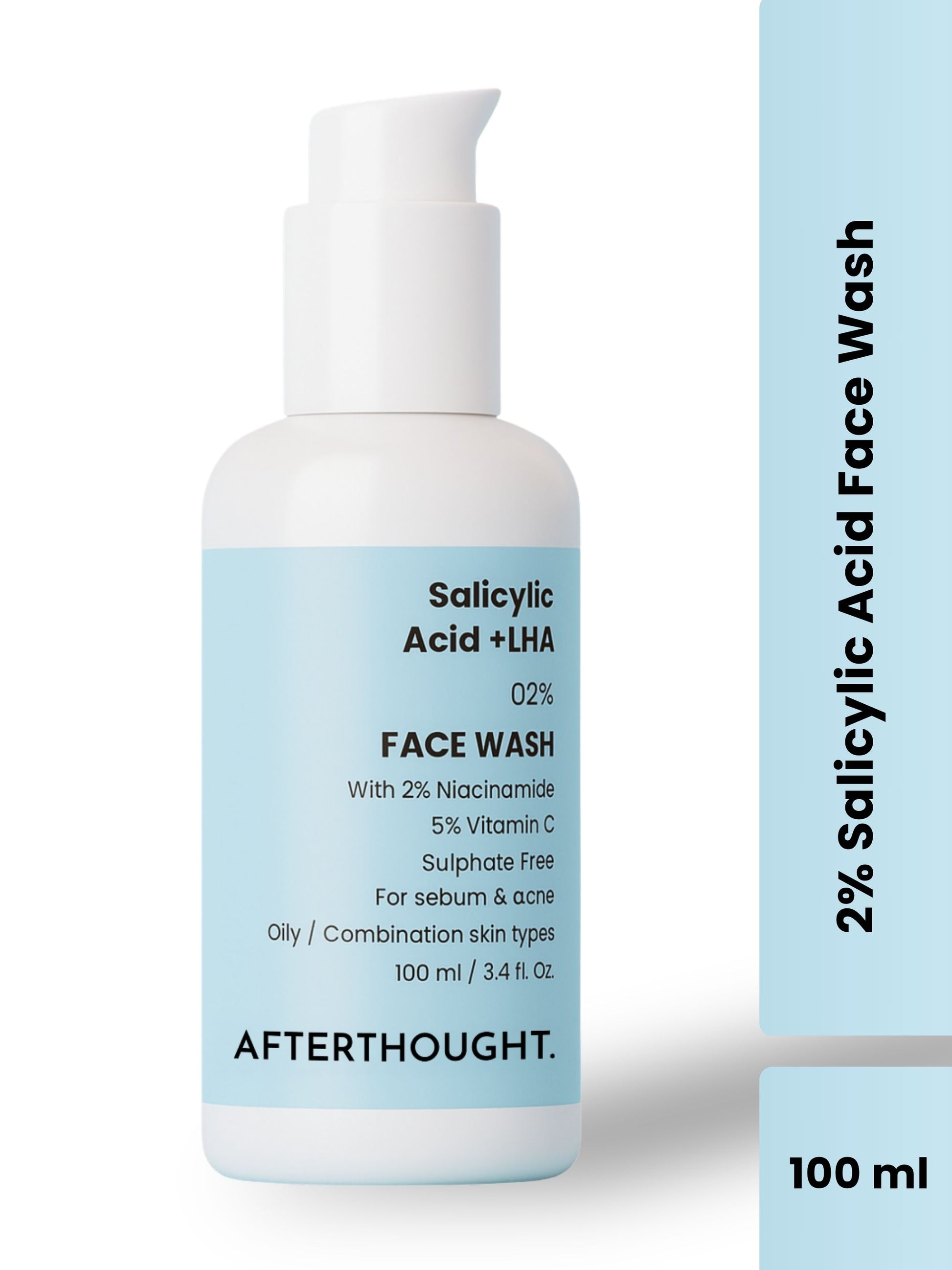Which Face Wash Is Best For Pimples?
Welcome to Afterthought. Acne, a common skin condition affecting millions worldwide, can be particularly frustrating and challenging to manage. One of the first steps in combating pimples is selecting the right face wash. The right cleanser can help reduce acne, prevent future breakouts, and improve overall skin health. This comprehensive guide will help you understand what to look for in a face wash to tackle pimples effectively.
Understanding Acne and Pimples
Before diving into the specifics of face washes, it's essential to understand what causes acne. Pimples form when hair follicles become clogged with oil (sebum), dead skin cells, and bacteria. Factors contributing to acne include hormonal changes, diet, stress, and genetics. An effective face wash can help address these underlying issues by cleansing the skin and keeping pores clear.
Key Ingredients to Look for in a Face Wash
- Salicylic Acid: A beta hydroxy acid (BHA) that penetrates deep into pores, helping to clear out excess oil and dead skin cells. It also has anti-inflammatory properties, reducing redness and swelling associated with pimples.
- Benzoyl Peroxide: This ingredient kills acne-causing bacteria and helps remove excess oil and dead skin cells. It can be particularly effective for inflammatory acne but can be drying, so it's best suited for those with oily skin.
- Alpha Hydroxy Acids (AHAs): Ingredients like glycolic acid and lactic acid help exfoliate the surface of the skin, promoting the removal of dead skin cells and preventing clogged pores. They also encourage cell turnover, which can help fade acne scars.
- Tea Tree Oil: Known for its natural antibacterial and anti-inflammatory properties, tea tree oil can help reduce the bacteria that cause acne and soothe inflamed skin.
- Sulfur: Sulfur helps dry out the surface of the skin to help absorb excess oil (sebum) that may contribute to acne breakouts. It also has antimicrobial properties.
- Niacinamide: Also known as vitamin B3, niacinamide helps reduce inflammation and can improve the overall texture of the skin. It's also effective in reducing the redness and hyperpigmentation that can accompany acne.
- Clay: Ingredients like kaolin or bentonite clay can help absorb excess oil and impurities from the skin, making them ideal for those with oily or combination skin types.
Choosing the Right Face Wash for Your Skin Type
- Oily Skin: Look for foaming cleansers with ingredients like salicylic acid, benzoyl peroxide, or clay. These ingredients help control oil production and keep pores clear.
- Dry Skin: Opt for a gentle, hydrating cleanser that contains ingredients like glycerin or hyaluronic acid. Avoid overly harsh ingredients that can strip the skin of moisture.
- Combination Skin: A balanced cleanser that addresses both oiliness and dryness is key. Ingredients like tea tree oil and niacinamide can help balance the skin.
- Sensitive Skin: Choose a mild, fragrance-free cleanser with soothing ingredients like aloe vera or chamomile. Avoid harsh exfoliants and strong actives that can irritate the skin.
- Acne-Prone Skin: For acne-prone skin, a face wash with salicylic acid, benzoyl peroxide, or tea tree oil can be effective. Be cautious with the concentration of active ingredients to avoid over-drying.
How to Use a Face Wash for Pimples
- Frequency: Wash your face twice daily – once in the morning and once before bed. Over-washing can strip the skin of its natural oils and lead to increased oil production and more breakouts.
- Technique: Use lukewarm water to wet your face. Apply a small amount of cleanser to your fingertips and gently massage it into your skin in circular motions. Avoid scrubbing, which can irritate the skin and worsen acne.
- Rinsing: Thoroughly rinse your face with lukewarm water to remove all traces of the cleanser. Ensure no residue is left behind, as this can clog pores.
- Pat Dry: Gently pat your face dry with a clean, soft towel. Avoid rubbing, which can cause irritation.
- Follow Up: After cleansing, follow up with a suitable toner, treatment (such as an acne spot treatment), and moisturizer. Even acne-prone skin needs hydration to maintain a healthy barrier.
Additional Tips for Managing Acne
- Avoid Touching Your Face: Your hands carry bacteria and oils that can transfer to your face, potentially causing more breakouts.
- Choose Non-Comedogenic Products: Ensure all skincare and makeup products are labeled non-comedogenic, meaning they won't clog pores.
- Maintain a Healthy Diet: A diet rich in fruits, vegetables, lean proteins, and whole grains can support overall skin health. Some people find that reducing dairy or high-glycemic foods helps reduce acne.
- Stay Hydrated: Drinking plenty of water helps keep your skin hydrated and can assist in detoxifying your body.
- Manage Stress: Stress can trigger or worsen acne. Practice stress-management techniques like yoga, meditation, or deep breathing exercises.
Conclusion
Selecting the right face wash is a crucial step in managing and preventing pimples. By understanding your skin type and choosing a cleanser with effective ingredients, you can significantly improve your skin’s health and reduce acne breakouts. Remember, consistency is key, and combining a good face wash with a comprehensive skincare routine and healthy lifestyle habits will yield the best results.









